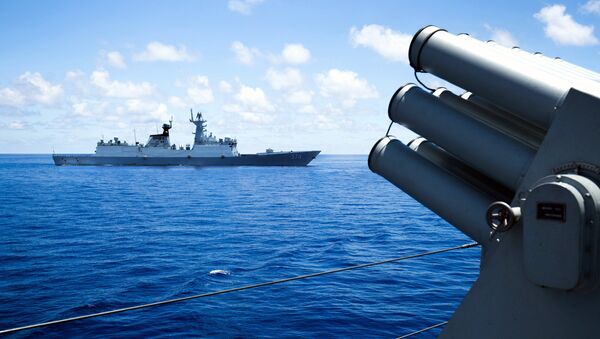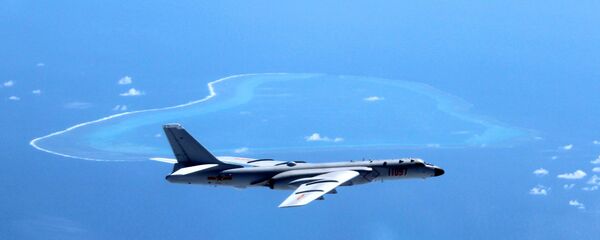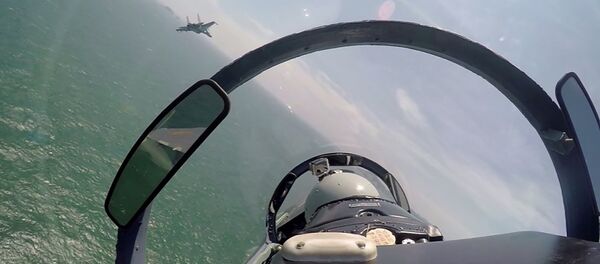The adoption of a mechanism for handling unplanned encounters and emergency situations in the region was approved in August by Beijing and ASEAN. Several members of the 10-country organization are involved in the disputes.
The parties agreed on the implementation of communication protocols and created a hotline for top officials in the event of possible naval confrontations in the South China Sea’s contested waters.
The protocols will be signed at the three-day ASEAN summit in Laos next week, according to Philippines Foreign Affairs Assistant Secretary Helen de la Vega.
“It’s one way of de-escalating tensions in the South China Sea,” she told reporters.
The ongoing South China Sea disputes include conflicting claims by China, Taiwan, the Philippines, Vietnam, Brunei and Malaysia. Beijing claims the entire territory of the sea, which is crossed by important trade routes and is rich in oil and gas deposits.
In this light, the upcoming agreement is crucial to downgrade tensions, a senior Philippines navy commander claimed.
“This is very important because any accident that can lead to a major confrontation will be avoided if our navies and coast guards are communicating with each other,” he said, explaining that it in the past there were situations when Chinese ships refused to contact Philippine Navy vessels upon being approached.
On August 23 Philippine President Rodrigo Duterte made steps to deescalate the situation by claiming that he would not raise the issue at the ASEAN summit. The move was strongly supported by Beijing.
However, some parties that are not directly involved in the disputes are not satisfied with the outcome. The United States, Japan and Australia, which all take part in the summit, are expected to insist that China comply with the Hague ruling.




